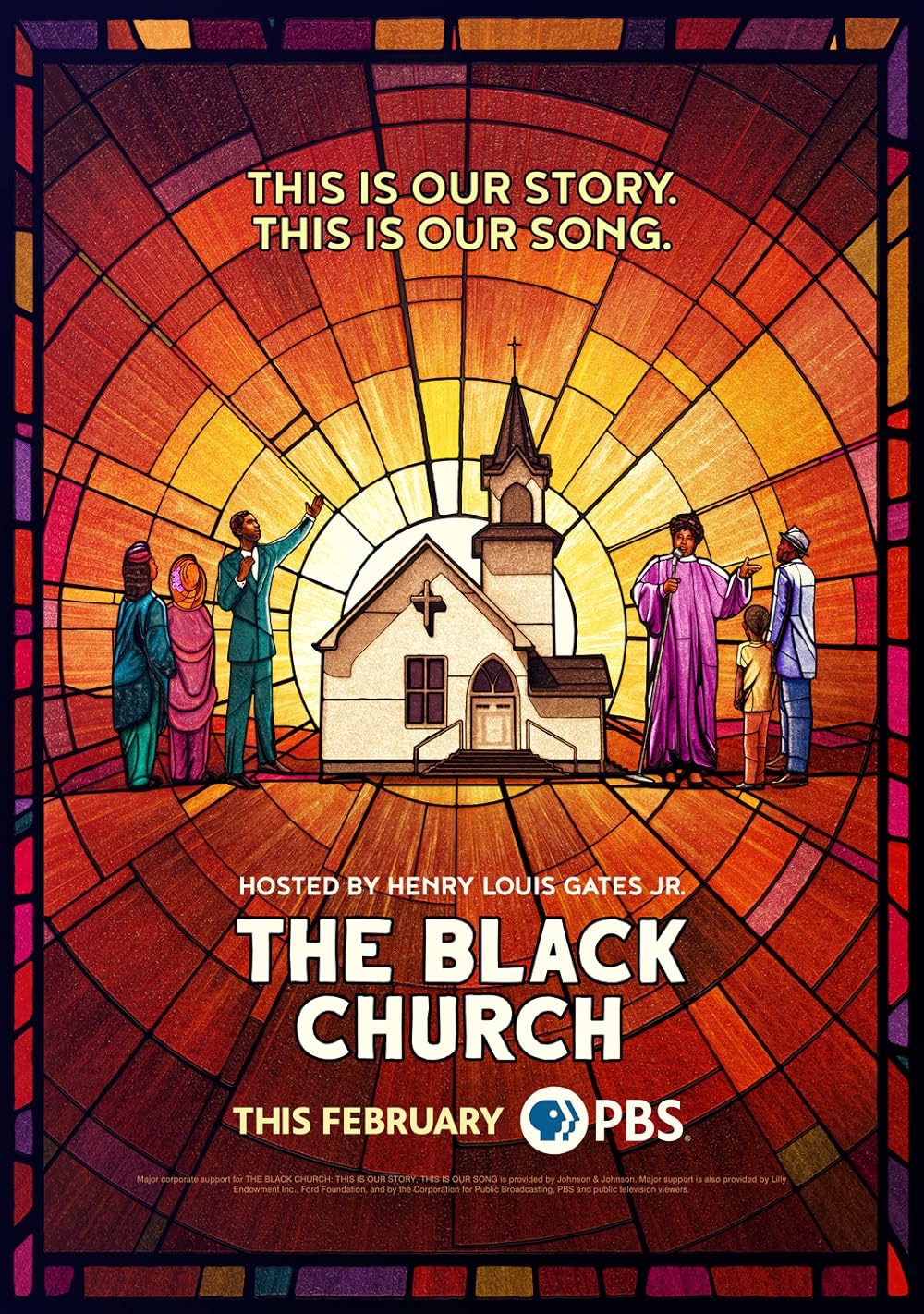This book is a much-needed addition to the work of Gates, who has dedicated his career to examining Black life and explaining it to a wide audience. He writes, “The Black Church has influenced nearly every chapter of the African American story, and it continues to animate Black identity today, both for believers and nonbelievers.” The Black Church, he notes, functions as a spiritual center and a cultural repository for the traditions and transformations of Black life. And although he has named his book and documentary The Black Church, Gates wrestles with and attempts to dismantle the notion that there is a single Black Church, which has been a widely accepted idea among academics and religious leaders. Readers will come away from this extremely accessible book with an understanding that the title The Black Church is far from accurate.
Gates does not locate the origins of Black religion in the British colonial experiment in America. Instead, The Black Church locates its beginnings in sixteenth-century Spanish Catholicism. The Spanish and Portuguese, who built their empires on human trafficking, were among the earliest Europeans to enslave and baptize Africans. Focusing on seventeenth-century stories of men and women who fled their British enslavers in South Carolina and found asylum in Spanish-controlled Florida, Gates takes a benevolent view of the Spanish colonial project that is somewhat overstated when he writes, “Virtually overnight, conversion to Roman Catholicism became an unprecedented route to freedom south of the British colonies.”
Some enslaved Africans did travel nearly three hundred miles to Florida to escape the misery of slavery. They accepted the terms that were offered to them there—including baptism—for the promise of an opportunity (if not an immediate one) to throw off slavery’s yoke. This moment in seventeenth-century Florida, however, does not erase the centuries of brutal enslavement and genocide carried out by the Spanish government, which decimated the indigenous inhabitants of Latin America and set up a social and political hierarchy with white supremacy as its cornerstone.
Perhaps one of the most powerful interventions in the public understanding of Black religion offered by The Black Church is its inclusion of Islam in the early history of African people who were trafficked to mainland North America. A significant number of them were born in Senegambia and were practicing Muslims who brought their faith and practices across the ocean. Gates interviews a dazzling array of scholars and religious practitioners, including the historian Melissa Cooper, who offers both a historical and personal understanding of the importance of Islam in early America.

